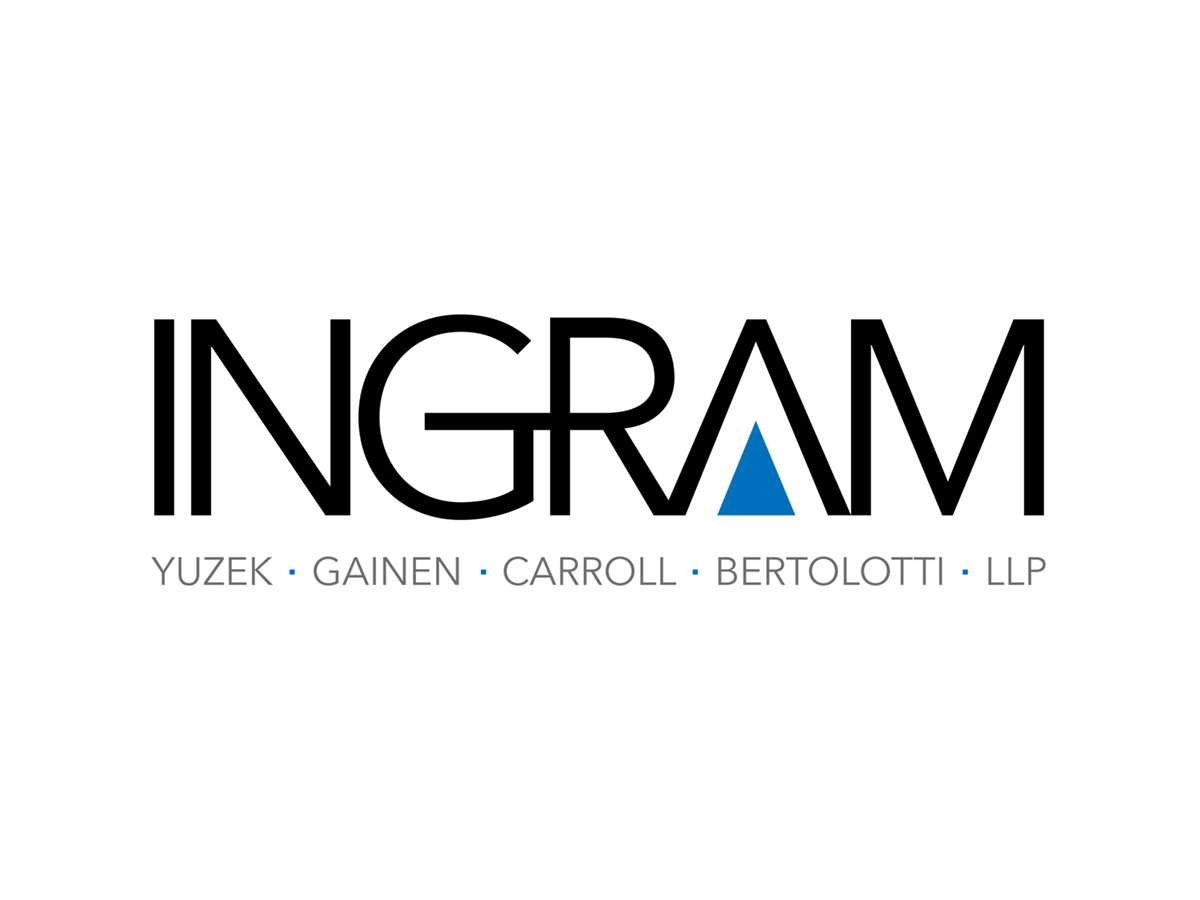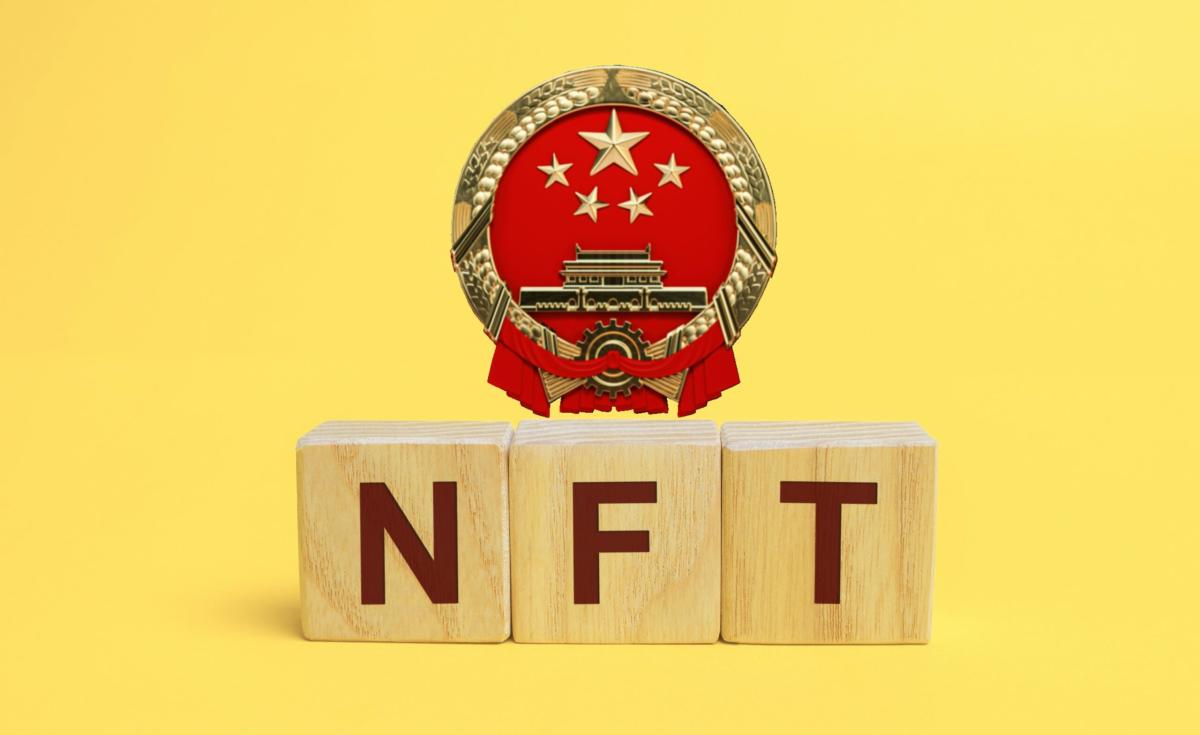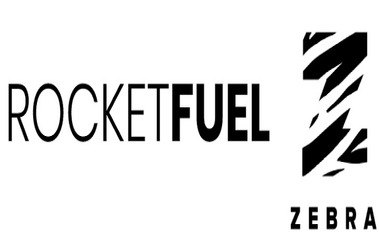The One Eleven NFT – Attempt to bridge the gap between NFTs and NYC’s traditional real estate buying process. | Ingram Yuzek Gainen Carroll & Bertolotti, LLP

In early June 2022, an interesting New York City office and retail building went up for sale, but you wouldn’t know it by searching the traditional real estate listings. Instead, the property known as “One Eleven”, located at 109-111 West 24th Street in New York City’s Flatiron District, is listed for sale as an NFT on the OpenSea NFT marketplace.
While the NFT aspect of the listing adds a sense of novelty to the traditional property purchase process, it does not bypass the process. According to the listing, the purchase of NFT gives the buyer exclusive rights to acquire the building, in addition to areas of use, rights and associated deed agreements. Furthermore, the listing adds that the buyer must coordinate with the seller to complete the traditional real estate transaction process (which we assume will involve contract negotiation, deed and title transfer). The listing also warns potential buyers: “Due to the nature of the real estate sale, the sale of the NFT does not guarantee the completion of the real estate transaction, or reflect the transfer of the deed or title.” The seller described the NFT purchase as a “promise” to transfer title to the property to the buyer.
After the NFT purchase, the entire purchase price must be held in escrow pending completion of the property transaction. At first glance, this appears to place the buyer at a higher risk of monetary loss compared to a traditional real estate transaction. Instead of placing part of the purchase price in escrow, as is usual in a traditional real estate transaction, the buyer of One Eleven NFT is required to place the entire purchase price in escrow before the contract is signed. The seller claimed that the escrow can be held by the buyer, but it is unclear how the funds transferred to the seller through the NFT purchase will be transferred to the escrow holder. Still, placing the entire purchase price in escrow before closing puts the buyer at an increased risk of monetary loss in the event the deal goes through. All this of course depends on the terms of the transaction between buyer and seller.
As in any real estate transaction, it is important for the prospective buyer of One Eleven NFT to establish a strong line of communication with the seller to effectively set the parameters of the business transaction before any funds are transferred. This is particularly important when it comes to One Eleven NFT due to the increased amount of fraud occurring in the NFT market. Appreciating this fact, the seller added the following to the listing: “To ensure a quality transaction and to prevent fraud before and after the transaction, the buyer is strongly advised to coordinate with both the Real Estate and NFT teams BEFORE completing the NFT purchase .Multiple levels of wallet verification should be performed BEFORE the completion of the NFT purchase.” This raises the question of whether listing the property as an NFT makes the property purchase easier and safer or more difficult and riskier? Is the novelty of buying the rights to purchase a property really worth the added risk of fraud and loss of money? Due to the current legal restrictions to NFTs in the real estate transfer process, especially in the New York City market, it appears that NFT real estate purchases do not benefit the traditional real estate transaction, but this has not stopped (nor should it stop) forward-thinking people and companies from attempt to bridge the gap between the old real estate servers and the blockchain.
What are your thoughts on NFTs and the future of real estate transactions?























